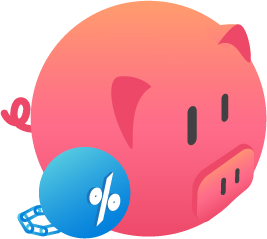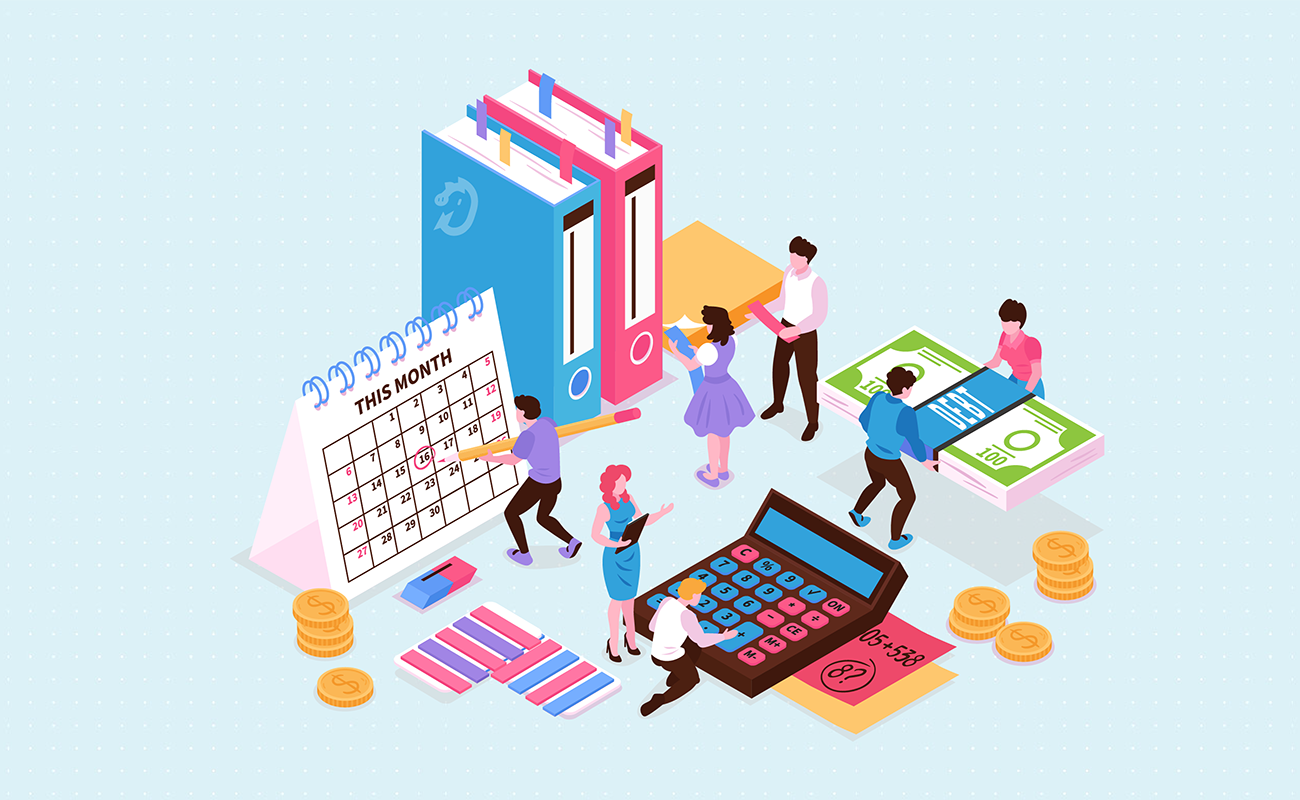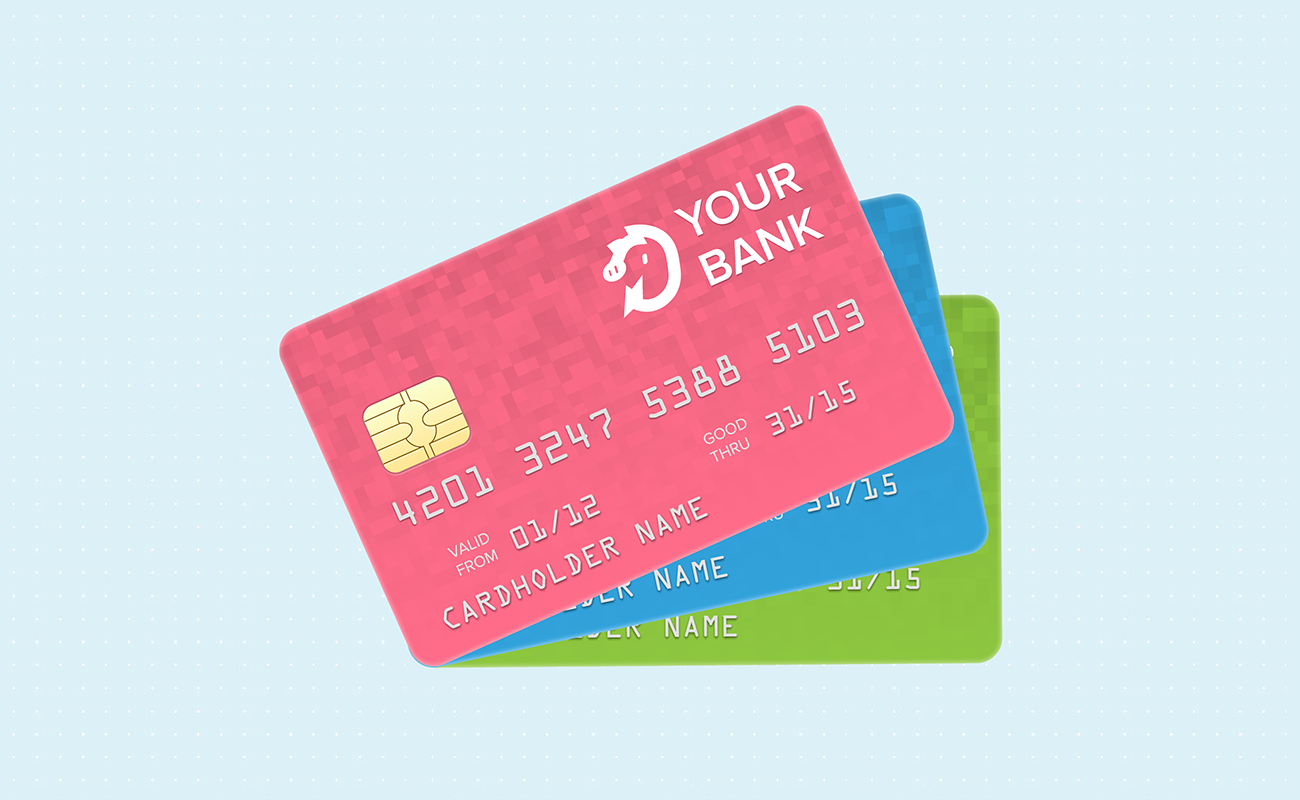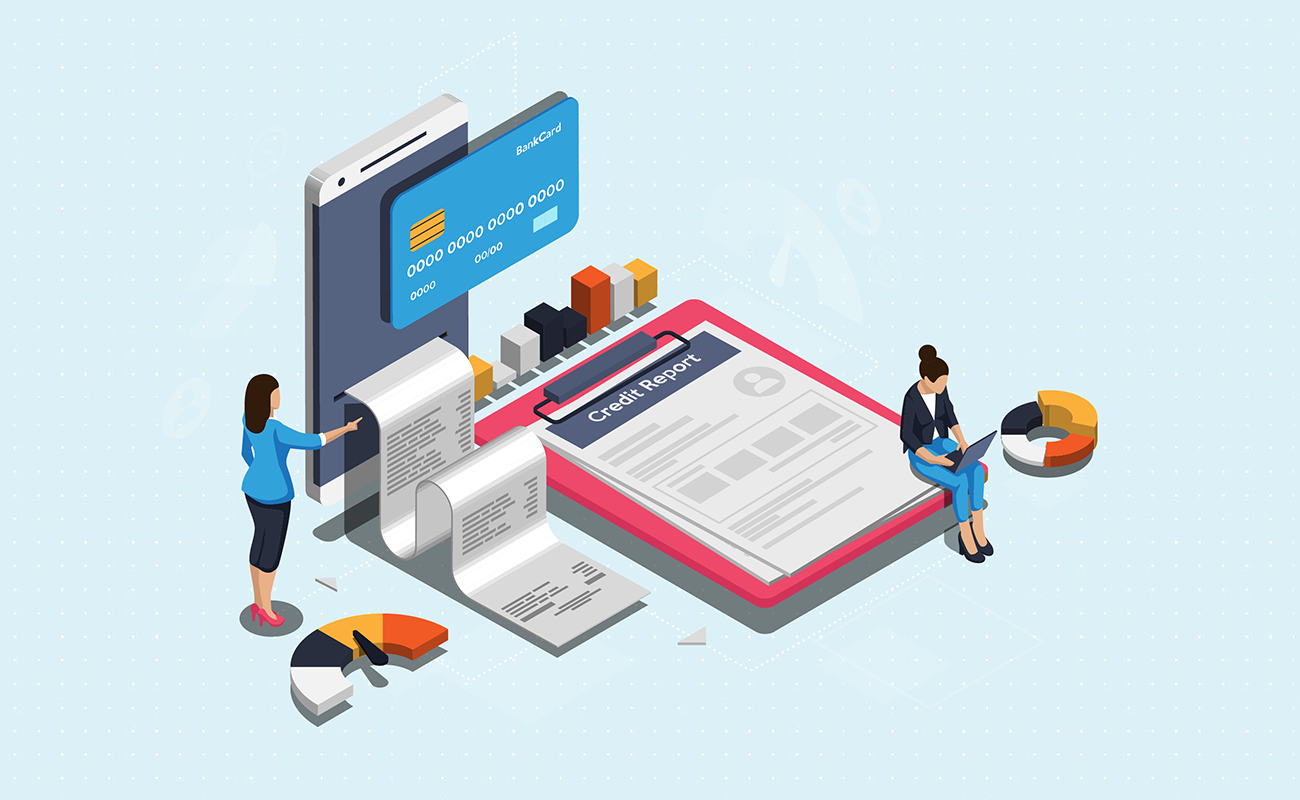Debt Investment
 Debt Consolidation Calculator
Debt Consolidation CalculatorSome debt consolidation companies market their services as saving you money in part by extending the duration of loan payments versus lowering the interest rates charged on the loan. Consolidating many loans into one can simplify the process of keeping up with your obligations but it only makes financial sense if you are lowering your effective interest rate & are thus able to save money by paying less interest and extinguishing your debts sooner.
This calculator helps people figure out if consolidating makes sense based on the terms they are offered & what they are already paying on their existing debts. If the upfront cost of consolidation is high, if the total savings is marginal, if consolidating will keep you in debt longer, or if you only have a couple high interest debts you would prefer to focus on then you might be better off using an accelerated debt payment plan to repay your debts.
Fill out the left 4 columns for each existing debt & the remaining interest due & the remaining number of payments on that debt will automatically be calculated. After filling in your debts you can enter the new loan option & create a printable report of your debts.
Guide published by Jose Abuyuan on January 16, 2020
As responsible adults, it’s our task to pay off multiple bills every month. We take care of rent or mortgage, car loans, and other consumer debt. But what happens if you start missing credit card payments, student loan fees, and medical bills? Over time, the strain of keeping up with expensive bills may wear you down. This is how it’s like for many consumers.
If you’re having trouble keeping up with several accounts, there is a way to manage your payments. Here’s how consolidating debts can help you save money and pay off your loans.

Debt consolidation involves taking out a new loan to pay off several consumer debts with varying rates. These accounts are rolled into one large debt but with more agreeable payment terms.
In principle, any form of financing to pay down multiple debt is a type of debt consolidation. To be more specific, tools such as debt consolidation loans are provided by creditors. These loans come as payment plans to consumers who are struggling to pay off many remaining loans.

Instead of paying multiple accounts, you pay one consolidated debt with a lower interest rate. It usually comes with lower monthly payments, making expenses more manageable.
When is consolidating your debt a good idea? This option is ideal for people who are serious about reducing their total outstanding debt. If you want to streamline your finances and focus on one payment, this will work for you.
Consolidating can work if you:
To be clear, debt consolidation loans do not wipe away your initial debt. It basically transfers all your debt to another type of loan and lender. You can use this type of loan to manage credit card debt, medical debt, and student loans.
These loans are offered by banks, credit unions, and debt consolidation assistance companies. Depending on the type of debt you carry, there are two kinds of debt consolidation loans:
Both loans usually provide lower interest rates than those offered by credit card companies. You can also expect fixed rates, so you don’t need to worry about increasing monthly payments.

Credit reporting agency TransUnion published data on the impact of consolidating debt in 2019. The report states consumers take advantage of this strategy to decrease their total debt and improve their credit scores.
The list below highlights TransUnion’s Key findings:
Overall, the results show people generally become low-risk consumers after a year of debt consolidation. This implies they are more conscientious of their finances. In the long-term, it helps them avoid toxic debt and ultimately save.
Here are several other ways consolidating debts can help:
Debt consolidation only works if you find a lender that offers lower interest rates. Once you’ve identified the type of loans you want to merge, start looking around for prospective lenders.
For example, if you want to consolidate your credit card debt, look for a lower interest (APR) credit card. Compare their rates and terms before signing up. To give you a better idea, the table below shows how consolidation can shorten terms and reduce monthly payments.
3 Credit Cards
Total Balance: $16,800
| Loan Details | Credit Card 1 | Credit Card 2 | Credit Card 3 | Three Credit Cards | Consolidated Loan |
|---|---|---|---|---|---|
| Loan balance | $6,500 | $5,800 | $4,500 | Total: $16,800 | $16,800 |
| Interest rate | 14% | 6% | 20% | 11% | |
| Monthly payment | $260 | $232 | $180 | Total: $672 | $231.42 |
| Est. pay off Time | 30 months (2 years and 6 months) | 27 months (2 years and 3 months) | 33 months (2 years and 9 months) | 138 months (11 years and 6 months) | 120 (10 years) |
The example shows that monthly payments for three different credit cards costs $627. However, if you consolidate your credit accounts at 11 percent interest, you pay $231.42 every month. That’s a difference of $440.58, which helps you save a lot more.
Without consolidating, it can take you 11 years and 6 months to pay off all your credit cards (with minimum monthly payments). But under consolidation, you can cut it down to 10 years.
To estimate how much you can save by consolidating your debt, use our calculator.
Moreover, paying different credit cards monthly can be hard to track. It’s easy to miss payments or forget about due dates for other accounts. When that happens, penalty fees will seriously cost you. If your balance is unpaid for too long, banks may raise your interest rate. And the longer it goes unpaid, the more your balance generates cost.
Take note that debt consolidation entails merging your current loans into a single debt. Refinancing, on the other hand, replaces your existing loans with completely different terms. This works when the new terms are more favorable, such as much lower rates. But for multiple debts, people usually consider debt consolidation.

Debt consolidation is not the only recourse to becoming debt-free. You can employ the snowball or avalanche methods to eventually wipe out your balances. Try adjusting your lifestyle to save more, or use windfalls to pay down your loans. Create a budget and strictly follow it. Spending within your means has a significant impact in reducing debt.
However, if these payment strategies haven’t worked for you, then consider debt consolidation. Just take note of the possible drawbacks:
Merging your current loans into an entirely new loan can have a slightly negative impact on your credit score. Lenders typically prefer consumers with a history of consistent debt payments.
Choosing this option is often regarded as a negative move. However, if you are able to reduce your balance significantly, consolidating may help improve your credit score.
Some debt consolidation companies may prolong your payment terms. If this happens, you are better off paying your lender on the current terms. In many cases, consumers pay more than the minimum fee every month to cover the loan’s principal. This is an effective method to pay off debt faster.

Beware of consolidation programs that have extended terms. The monthly fees may be affordable, but you end up paying a lot more in interest.
This reality applies to secured consolidation loans. If you fail to pay the required fees on a timely basis, creditors might cease your home. This is the case for consumers who use a home equity loan or line of credit. Avoid signing away your assets if you are uncertain about meeting prescribed payments.
Student loans often come with special conditions. However, if you consolidate your student debt with a private creditor, you will no longer qualify for special conditions. These include benefits such as rebates, special discounts, and Public Service Loan Forgiveness. Consider reviewing your benefits before deciding to merge your loan.
Consolidating your debts requires a lot research and commitment. But once you make that move, you can focus on paying one large debt with a fixed monthly rate. It will greatly simplify your debt repayment process. However, avoid consolidating if you think it’s the ‘easy way out.’ It’s a method intended for those who truly need debt assistance.

Finally, being debt-free is a lifestyle. Once you’ve paid off your loans, practice healthy spending habits. You can only avoid toxic debt if you save income and live within your means.
For more advice on how to conquer your debts, visit this page.
Jose Abuyuan is a web content writer, fictionist, and digital artist hailing from Las Piñas City. He is a graduate of Communication and Media Studies at San Beda College Alabang, who took his internship in the weekly news magazine the Philippines Graphic. He has authored works professionally for over a decade.